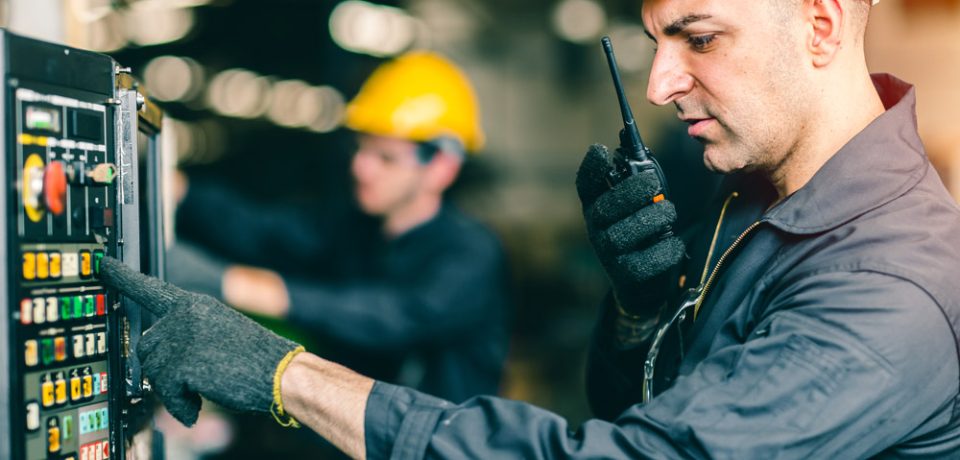Industrial radio communication systems are employed in many different sectors because they facilitate effective and dependable interaction between humans and machines. These technologies are crucial to the efficient running of vital services since they boost productivity and safety on the job. Industrial radio communication systems are vital to the success of enterprises and the safety of workers in a wide variety of industries, including construction, manufacturing, public safety, transportation, and utilities.
Industrial radio communication systems are used in a variety of fields, including construction, manufacturing, and even public safety. These networks make it possible for employees to communicate with one another in a way that is reliable and productive, which boosts both productivity and safety on the workplace. There are a wide variety of uses for radio networks in the industrial sector, including the following:
Construction
Because of the use of industrial radio communication devices, employees are able to maintain consistent contact with one another throughout the entirety of the building process. This is of the utmost importance for expansive building sites that have a scattered crew. Radios allow workers to communicate with one another on work operations, incident and injury reports, and project updates.
Manufacturing

In order to make it easier for workers and machines to communicate with one another, many companies today make use of radio communication networks designed specifically for industrial use. Radios provide workers with a means to communicate with one another and coordinate the movement of goods and products across an establishment, as well as alert one another to potential dangers such as malfunctioning machinery. Radios can be used to communicate with employees located in remote areas, such as those working in shipping or maintenance.
Risk Management
Police, firefighters, and EMS workers all rely on industrial radio communication systems to coordinate their responses to emergencies. Emergency personnel, dispatchers, and other agencies participating in the response can all be contacted by radio. Even in the worst conditions, communication with industrial radio systems is guaranteed to be safe and secure.
Industrial radio communication systems facilitate driver-dispatcher collaboration in the transportation sector. Transmission of time-sensitive information such as traffic reports, route adjustments, and other updates can be accomplished by radio. The aviation and maritime sectors rely on industrial radio communication systems to keep pilots, air traffic controllers, and other staff in constant contact.
Utilities
The delivery of utilities including water, gas, and electricity are all closely monitored and controlled by means of industrial radio communication systems. Radios allow for coordination of human and mechanical labor, notification of equipment failures or safety risks, and two-way communication between personnel in different locations. When it comes to providing critical services to customers in a safe and dependable manner, industrial radio communication systems are indispensable.

